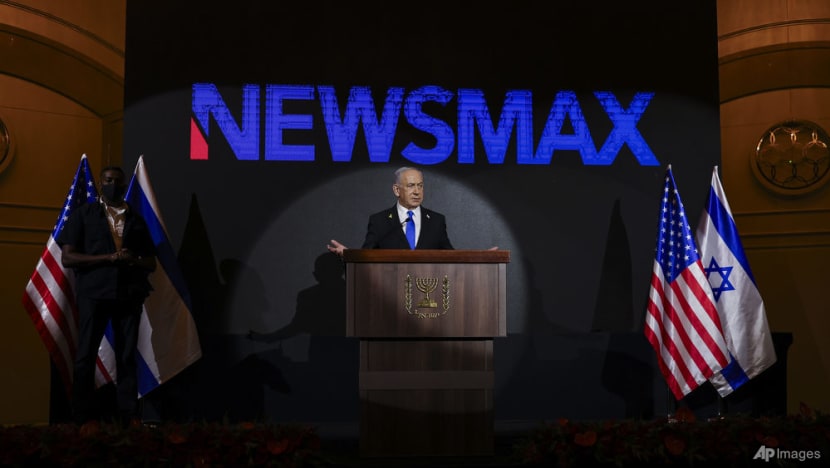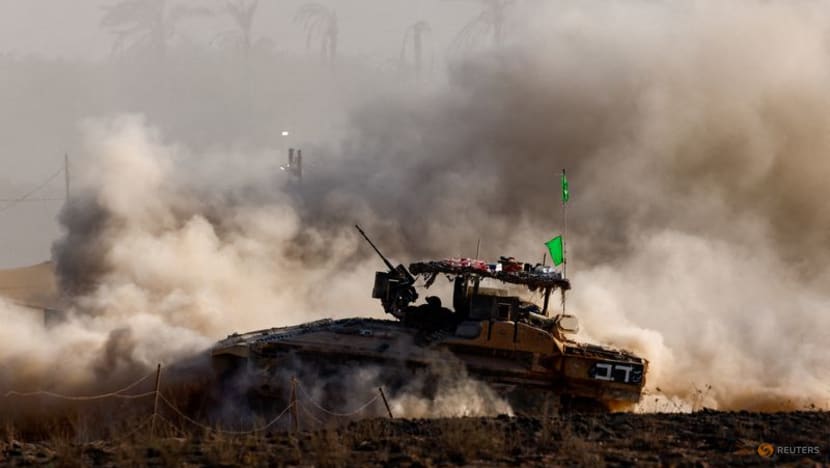Israel weighs Hamas offer of 60-day Gaza truce and hostage release

JERUSALEM: Israel is considering Hamas’ response to a proposal for a 60-day ceasefire and the release of half the hostages still held in Gaza, officials said on Tuesday (Aug 19).
The offer, brokered by Egypt and Qatar, would see Hamas exchange hostages for Palestinian prisoners. But an Israeli political source insisted all captives must be freed for the war to end.
Talks to pause the conflict gained traction last week after Israel announced plans for a new offensive to seize control of Gaza City, the enclave’s shattered urban centre.
DETAILS OF THE PROPOSAL
A Hamas official said the deal envisaged the release of 200 Palestinian convicts, along with women and minors held in Israeli jails. In return, Hamas would hand over 10 living hostages and 18 bodies.
Two Egyptian security sources confirmed the details, adding Hamas also sought the release of hundreds of Gaza detainees.
Israel says 50 hostages remain in Gaza, including 20 alive. “Israel’s policy is consistent and has not changed. Israel demands the release of all 50 hostages … we are in the final decisive stage of Hamas and will not leave any hostage behind,” the political source said.
NETANYAHU WEIGHS RESPONSE
Prime Minister Benjamin Netanyahu was expected to convene discussions on the offer, with a decision likely within two days, officials said.
Qatar’s foreign ministry said the deal would include “a pathway to a comprehensive agreement to end the war,” alongside partial Israeli withdrawals and expanded humanitarian aid.
Washington’s special envoy Steve Witkoff previously advanced the plan, but talks broke down in July over details.

ISRAELI COMMANDERS PLAN PUSH INTO GAZA CITY
Even as politicians deliberated, Defence Minister Israel Katz met commanders to review battle plans, Israeli broadcaster Kan reported.
The plans included four phases: building humanitarian infrastructure in southern Gaza, evacuation of Gaza City, its encirclement, and a final ground push into the city.
Thousands of civilians have fled Gaza City in recent days, fearing an imminent offensive.
On Tuesday, Israeli strikes and shelling killed at least 20 Palestinians, Gaza health officials said.
MIXED REACTIONS
At shelters in Khan Younis, displaced families voiced both scepticism and hope.
“I expect the occupation to reject the proposal, as always,” said Abdallah Al-Khawaja. But Awad Labde, also displaced, said: “I expect a positive response from Israel this time.”
DOMESTIC PRESSURE ON NETANYAHU
The prospect of an offensive has triggered some of the largest protests in Israel since the war began, with tens of thousands urging a deal to free the captives.
Netanyahu faces competing pressures: far-right allies such as Bezalel Smotrich and Itamar Ben-Gvir oppose a truce, while hostage families demand immediate action.
Hamas official Izzat El-Reshiq said the truce was an interim accord leading to wider talks. A Palestinian source added Hamas accepted the offer without new conditions, unlike past rounds.
But wide gaps remain. Israel wants Hamas to disarm and its leaders to leave Gaza — demands the group has so far rejected.
The war erupted when Hamas-led fighters stormed into Israel, killing 1,200 people and taking 251 hostages. Israel’s offensive has since killed more than 62,000 Palestinians, according to local health officials, and displaced most of the enclave’s 2.2 million residents.














